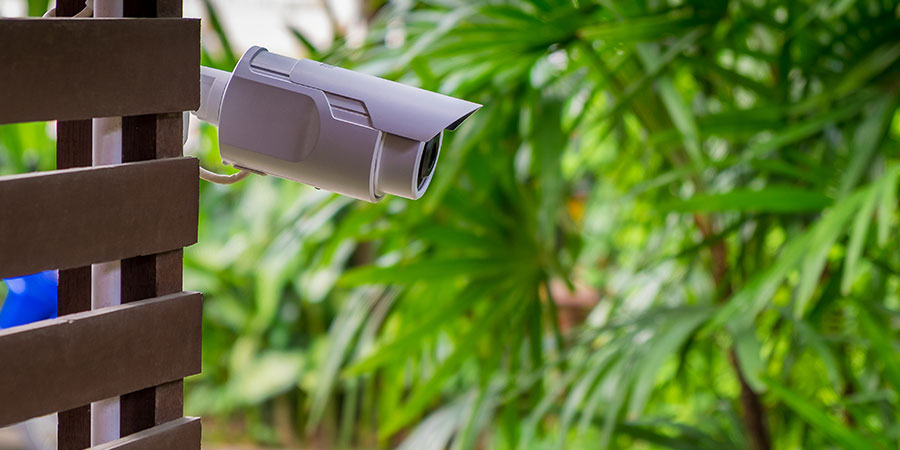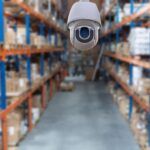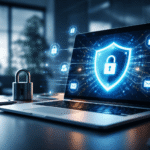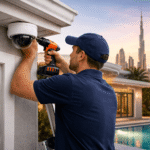Why do homeowners install home security cameras? The answer is obvious: to deter burglars, robbers, intruders, and other anti-social elements from breaking into your property. But do you know that your home security cameras need security too? Undoubtedly, homeowners are getting smarter and installing advanced security cameras in their homes. So are these anti-social people from whom you are protecting your home? If you have the leverage to access your camera online, it means someone else can access (or hack) your camera as well.
7 Steps to Protect Your Home Security Cameras and Family from Hackers!!

Can someone hack my home security camera?
Any device, including your home security camera, can be hacked if it is connected to the Internet. While all cameras can be hacked, Wi-Fi security cameras are more vulnerable than wired cameras, and the ones that store video using cloud technology are more susceptible to hacking.
However, most camera hacking incidents don’t happen because of the fault of camera manufacturing companies. Home security camera hacking usually happens because most homeowners don’t choose strong passwords and often use the ones that they have already used on another site and the database was compromised. Besides, many cameras are hacked just because their owners don’t change the default password that comes with a security camera.
Apart from this, a brand also affects whether a home security camera can be easily hacked or not. So, make sure that you choose a reputable brand that implements good security practices.
Especially when you are buying a home security camera with a cloud storage service, the choice of brand becomes critical. If a camera brand is not reliable and has not ensured advanced security measures, hackers can have access to your recorded videos regardless of how strong your password is. They can still see your footage because it is on their servers.
Now, the question arises what can you do to protect your home security cameras from being hacked? First of all, you need not to panic. Just follow the below steps, and you can stay worry-free.
To ensure that your cameras are inaccessible to outsiders, you must:
Install a router that comes with Wi-Fi Protected Access (WPA) or Wi-Fi Protected Access 2 (WPA2) security. It will encrypt all your camera data.
Enable the firewall that comes built-in with your home security camera. It helps in monitoring and controlling information that is coming to and from your camera. You can get the assistance of your home security camera installer to get this done properly.
Choose a strong camera password that contains small letters, capital letters, digits, and special characters. Your password must not be obvious in any way; otherwise, anyone can guess it easily. However, it should be something that you can recall when needed. Remember that your security cameras come with default passwords. Don’t delay. Change the default password immediately.
Also, protect your Wi-Fi router with a strong password. And don’t make it the same as your camera password. Choose a different password that cannot be guessed and contains letters, digits, and special characters.
Turn on two-factor authentication for the sake of increased safety of your home and your loved ones if your home security cameras come with this facility.
Make sure that the firmware of your camera is always up-to-date.
Use the geofencing capabilities to turn your camera off when you need it. You can follow the instructions given with the camera or ask security camera installers for assistance.






